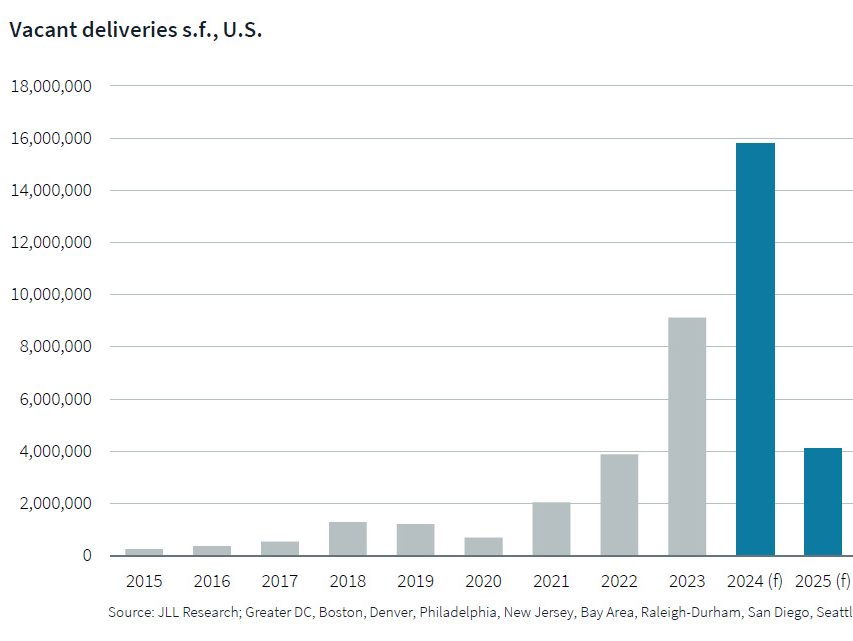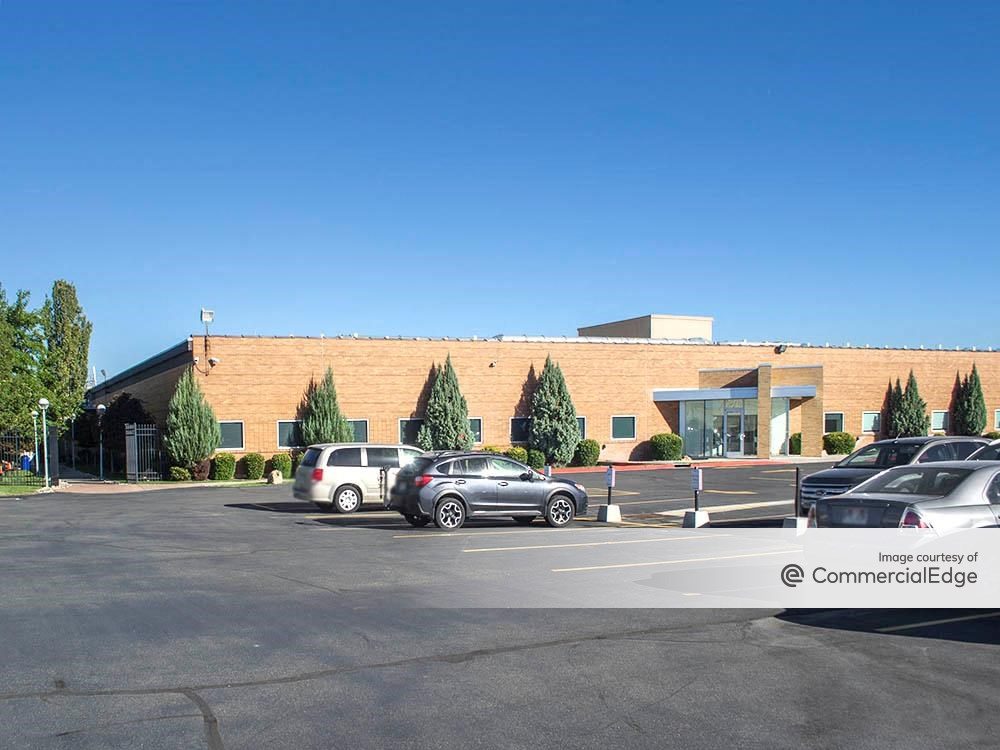Prices for Drug Store Net Lease Assets Continue to Rise
By Randy Blankstein, President, The Boulder Group: Drug stores remain at the height of investor interest in the net lease market. Here’s a look at why that is the case.
By Randy Blankstein, President, The Boulder Group
Cap rates in the net leased drug store sector compressed 20 basis points in the second quarter of 2012 when compared to the second quarter of 2011. More significantly, cap rates of drug store assets developed in the past two years have decreased by 50 basis points in the same time frame. The current interest rate environment along with the limited supply of new construction across all real estate sectors remains to be one of the greatest factors contributing to the downward cap rate compression trend. To illustrate, the supply of new construction drug stores in 2011 was 19 percent greater than the current supply in the market today and the 10-year treasury has lowered considerably year over year.
Drug stores remain at the height of investor interest in the net lease market because these assets can offer an investor a long term lease to an investment grade company with no landlord maintenance responsibilities. For these reasons, demand for drug store assets commanded a 50 basis point premium over the net lease retail sector as a whole.
While overall the net lease drug store sector experienced downward compression, the market remains bifurcated based on the tenant’s credit rating. The majority of net lease drug store investment activity remains concentrated in Walgreens and CVS properties due to their investment grade rating by Standard & Poor’s. Cap rates for properties tenanted by the two industry leaders, Walgreens and CVS, experienced compression of 35 and 20 basis points, respectively. Investor activity for Rite Aid properties, a non-investment grade company, remains limited to only the top performing stores in locations that exhibit strong real estate fundamentals.
The single tenant net lease drug store sector will continue to remain active as investors seek the stability of this asset class and positive long term fundamentals for the retail pharmacy sector. Transaction activity for net leased drug stores with fewer than 19 years of lease term are expected to remain concentrated on strong performing locations in core markets. While net lease drug stores with more than 20 years are expected to continue to demand a premium over the net lease retail market due to a limited supply of assets with lease terms in excess of 20 years.








You must be logged in to post a comment.